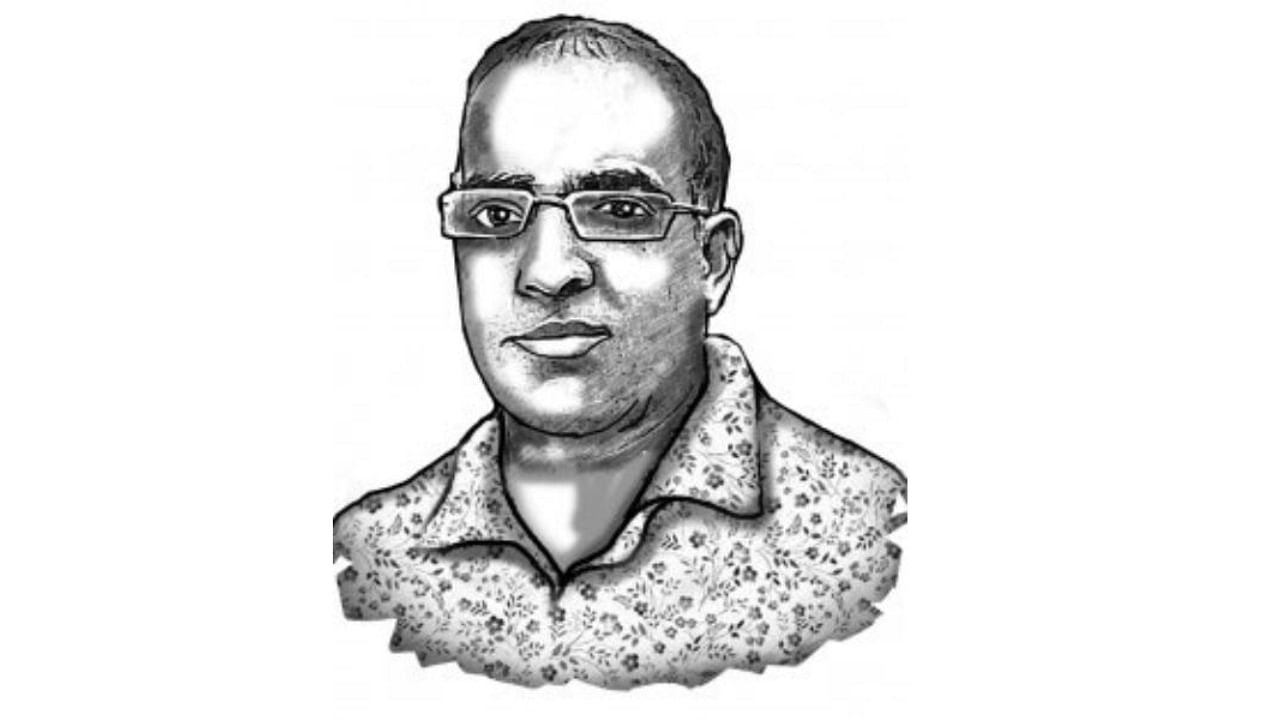
Some time ago, I was in Thiruvananthapuram at an event called ‘Children Matter’, a forum for people working to keep addictive substances away from children. Substance abuse, especially drugs, is one of those things we don’t talk about, hoping that our wilful blindness will make it disappear. But it doesn’t. Each family encounters it in its own way, and endures the consequences without the support of society or the State.
Why do we avoid acknowledging some problems? One reason is the solutions seem incredibly hard. They need a lot of effort, and many people need to work together to solve them. Getting all of that to happen is daunting, and we decide that isn’t a mountain we can climb. The irony is, each of us who decides not to do something about a public problem makes it even harder for others to solve.
We also don’t know what we ourselves can do about them. Take substance abuse. Some of the people who need to respond to this are professionals who are skilled at prevention, protection, or redress of the problems. But in addition, a very large number of ordinary people in society must also help. And they need to do so without the skills or training to do so.
This is one of the big challenges of our rapidly changing times. As the world turns faster, we are running into a lot of unfamiliar ground. To stay on our feet, we need to build a society in which ordinary people can be skillful without expertise. That sounds like a contradiction in terms, but it’s what we need.
How? I don’t know. But perhaps there is a way of conducting the search. Rather than looking for answers, we could first ask where we can find them even if we do not know what they are. My favourite theory of change is that rather than finding solutions to our challenges, we need to focus on increasing the number of problem-solving people. And we need to do this in a broad way, involving people from different walks of life -- State, Market and Society.
If we keep creating more and more problem-solvers, a subset of them will begin to be effective in addressing the problems we face. This year, I’m co-teaching a course called ‘The Problem Solving Society’, in which students interact with people who have followed some version of this approach in different fields, and are then given assignments that require them to do similar things. Identify a large public problem, engage with those who are in some way connected to it, find something they can add, and help other people also learn it, too.
In 10 weeks, none of the students is going to solve any complex problem. Some of those challenges aren’t going to be addressed even in 10 years. But finding the solutions isn’t the goal; the purpose of the course is to suggest and teach that creating and sustaining ecosystems for problem-solving is an important building block.
The questions range over a large spectrum. How can we ensure that people are not discriminated against when they try to rent houses, simply because of who they are? How can we improve the livelihoods of small farmers and landless people in rural areas? How can we pull back from the risk of catastrophic climate change? These are large questions, and their canvas is so vast it almost doesn’t matter where one begins. What is important is to begin.
Can we teach more and more people to join the ecosystem for problem-solving, so that such issues too begin to be addressed even if they do not know where to start? Can we teach them to join and strengthen the work of others who are already trying some things, and can we teach them to also invite and teach others to join them? Among non-profit groups working on various issues, these questions are becoming more common. We should bring these to the State and Market, too.
Why does this approach work? One answer is that by deliberately joining others who are working on problems that interest us, we begin to learn something vital -- how to enable each other’s gifts and talents. This is the essence of communities, and all of society. The more we get that, the more we’ll begin to solve the large challenges we face.